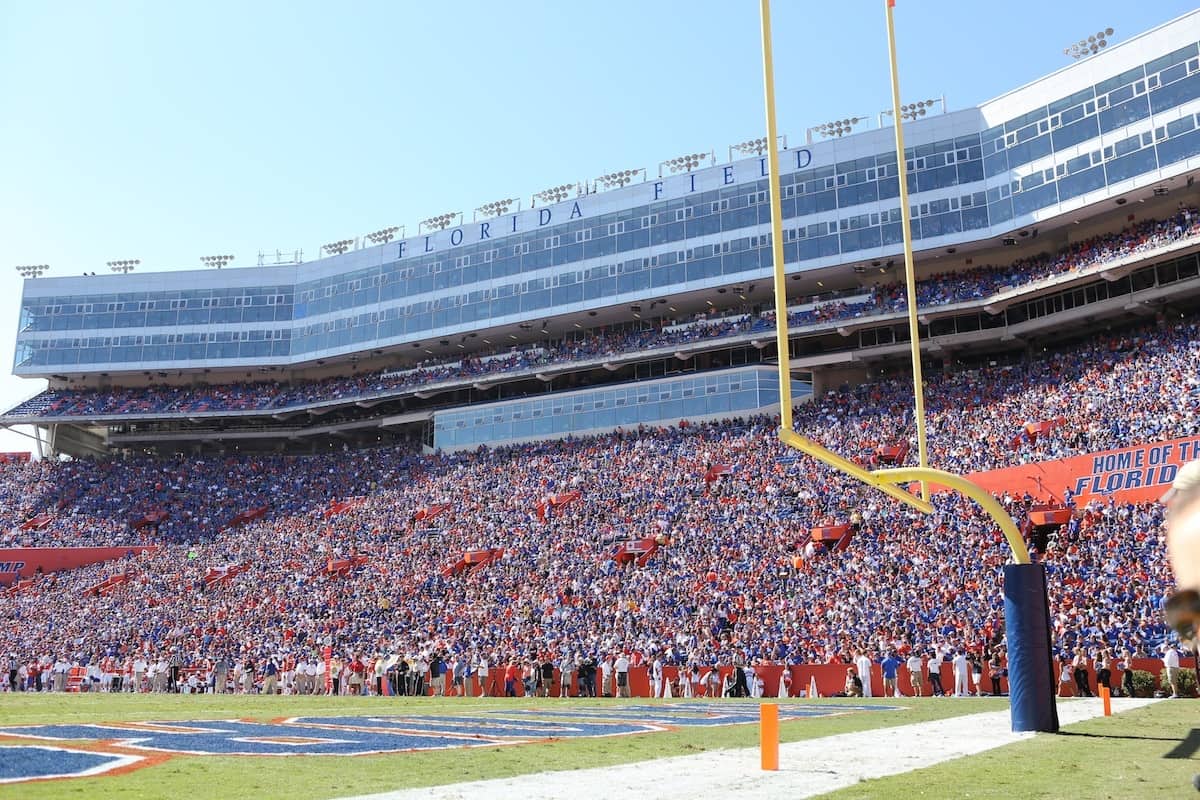A recent trip down to IMG Academy in Bradenton, Florida found me at a loss for words. It wasn’t the massive campus, the luxury dorms or the 58 million dollar football complex currently being built that surprised me though, it was the simple fact that all of it was even allowed to exist in the first place.
For those of you that aren’t aware, IMG is first and foremost a sports conglomerate with large stakes in collegiate licensing and broadcasting. IMG represent 150 universities, nine conferences and 15 bowl games. IMG is also the owner of TWI, the largest independent distributor and producer of televised sports. If it’s not clear by now, IMG and college athletics are pretty well intertwined. So where does IMG gain a reputation for educating students? I’m not completely sure.
IMG is not necessarily the first business out there looking to incorporate some vertical integration. How far away is the University of Oregon away form being named “Nike U”? Nike co-founder Phil Knight has his name plastered all over the Oregon campus as he has contributed an estimated $230 million dollars to the university, primarily to the athletic department. Knight also came under scrutiny when his close friend, Pat Kilkenny, was named the Oregon athletic director despite having no experience in college athletics or even a college degree.
A recent GatorCountry interview with new Florida Gator Cam Dillard revealed that the Oregon athletes enjoy the luxury of testing out exclusive Nike gear and are able to gain access to the products two years before they even come to market. It comes to no surprise then that Oregon’s athletic department has improved vastly in recent history thanks primarily to incredible facilities and their self-Nike brand. Money can buy success in college athletics, that is a proven fact.
The NCAA also recently approved Grand Canyon University to join the recently decimated WAC. This is significant because the NCAA boasts its chest as an institution looking out for student’s interest backed by not-for-profit athletic programs.
While that may be true for the most part, GCU is the first for-profit school to join the NCAA Division I ranks and has been under investigation by the US government for lack of institutional quality. It may only be a matter of time until we see the University of Phoenix competing in a bowl game.
Big time college athletics has become a huge money-making monster; there is no doubting that. The main issue that comes into play when trying to pay athletes is, how can you pay all athletes equally when only a select number of universities turn a substantial athletic profit year in and year out? The question I ask is, should all athletes be paid equally? Professional athletes are not paid on an even scale by any means regardless of sport, talent, gender, etc., so why should it not be the same way in college?
I don’t have the ultimate answer and it doesn’t appear that anyone for that matter has a systematical way we could pay college athletes without large ethical issues. The money simply isn’t there for most universities and the acceptance of payment would undoubtedly lead to a swarm of talent to the top money making schools in the country that can afford to dish out the funds. The pool of money in college athletics only continues to grow larger and larger as conferences begin to create their own television networks and businesses look to step down into college athletics.
At the end of that day, there is a large issue in college athletics that becomes clear in the cheating that is rampant across college athletics. The phrase of “if you ain’t cheating, you ain’t trying” has never been more resounding then it has been as of recent.
What is more frightening is how the potential profitability in college athletics is now starting to reach down into high schools with institutions such as IMG Academy. The money flowing into college athletics is growing by the minute and the clamors of pay-for-play scenarios will continue to get louder and louder. The only question at this point is not if the NCAA will answer? But at what point?


